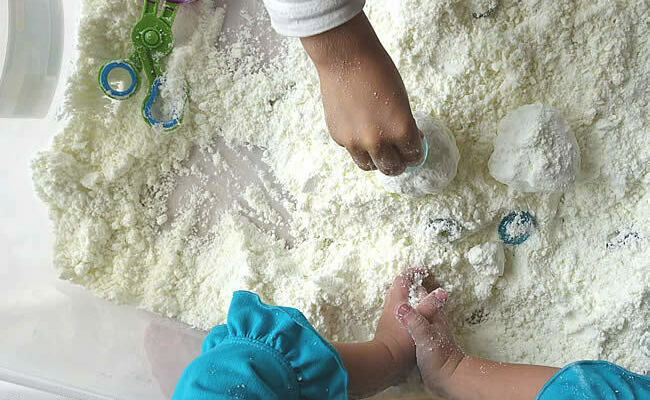- 763-213-9678
- 8481 Upland Ln. N., Maple Grove, Minnesota, 55311
- ukitcom
- Barbsmail111@gmail.com

Our approach
Our curriculum reflects current best practices in cognitive, social, emotional, and physical development.
Research shows that children learn best through experiences that match their developmental stage. Children also learn best in environments where they have warm, nurturing relationships.
In our Classroom, we aim to spark children’s sense of wonder, curiosity, and delight in learning. We aim to help each child build their knowledge and a framework for academic concepts.
How we teach
Each classroom is a rich environment where children can explore, experiment, and use what they learn. We emphasize the math, literacy, science, and social studies lessons embedded in daily play activities at school.
For example, children learn about number and math operations best when they have interesting objects to sort, match, order, and count (in other words, play with!).
We then step in and talk with a child about what they’re doing and thinking. This helps the child remember and apply what they know in new situations.
Through play-based learning, we help children prepare to attend school and study every academic content area.
A day at our Preschool
At our Preschool, there’s always a busy, happy hum of activity.
Every day offers a range of learning opportunities, including large and small group activities that focus on math, science, art, literacy, sensory, construction/block building, dramatic play, gym, and outdoor play.
Arrival
7:30 – 8:45 a.m.
Breakfast
Large group time
9:00 – 9:30 a.m.
This time may include:
- music and movement experiences;
- stories and dramatizations;
- concept development; and
- group discussions, as children are ready.
Small Group and Individual activities
9:30 – 11:30 a.m.
This is the part of the day when children meet with a teacher to study and learn about topics that are of particular interest.
Small group studies or projects may include:
- reading books;
- drawing and art projects;
- guided small group discussion
- math;
- science;
- problem solving activities;
- blocks;
- dramatic play;
- cooking;
- construction activities;
- large motor play; and
- sensory activities like play with water or sand.
Clean-up and Lunch Time
11:30 – 12:00 a.m.
Outdoor Play
12:00-1:00
Rest and Nap Time
1:00-3:00 p.m.
Snack
3:00 – 3:25 p.m.
This time is used for informal conversations, concept development, or playing learning games, as well as a nutritious snack.
Dressing and outdoor play
3:25 p.m. – Departure
Children choose from a variety of activities in the outdoor learning environment or large motor room including:
- climbing;
- running;
- digging;
- dancing;
- biking;
- woodworking; and
- exploration of the natural world.